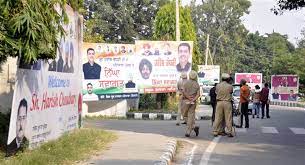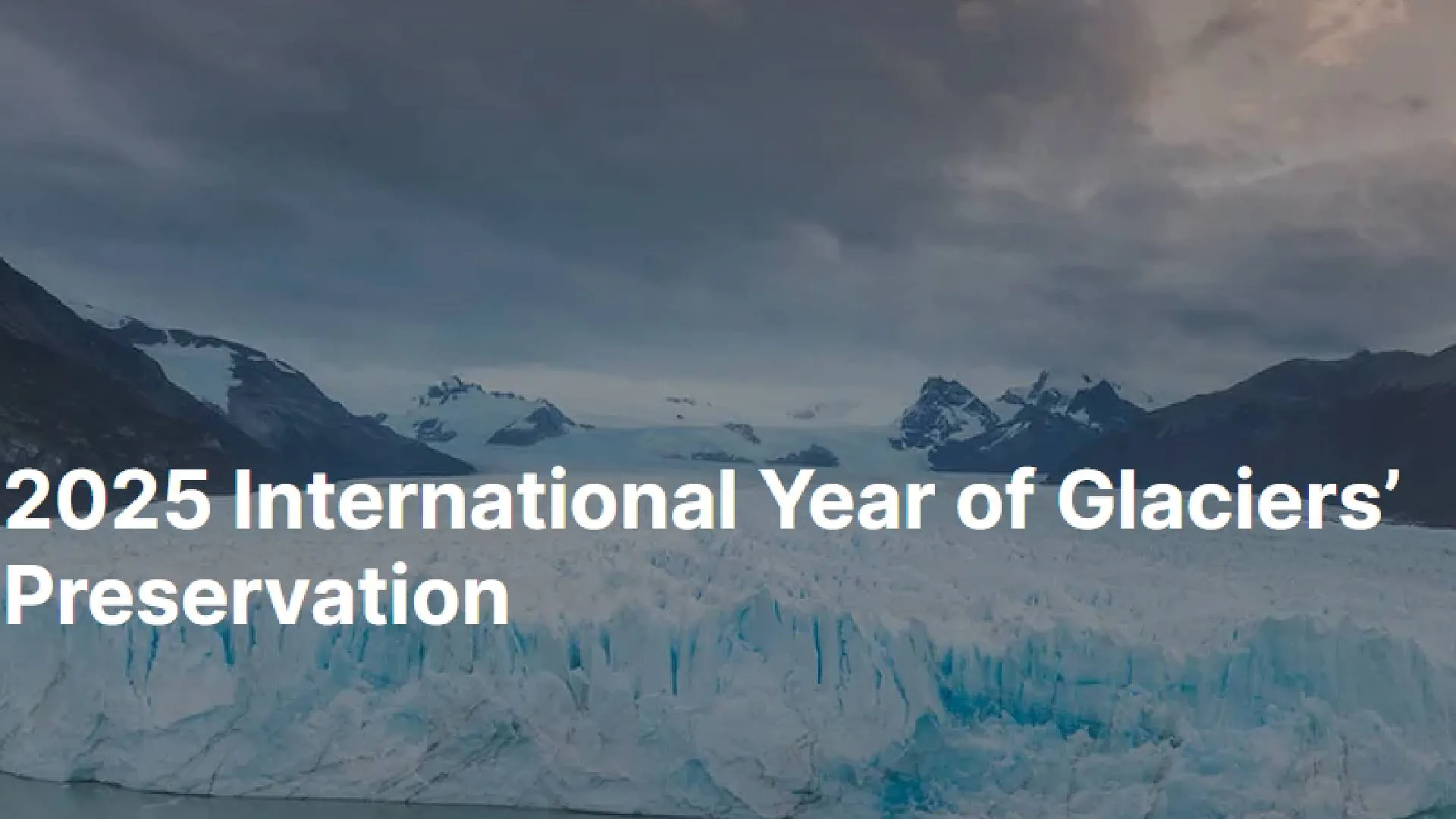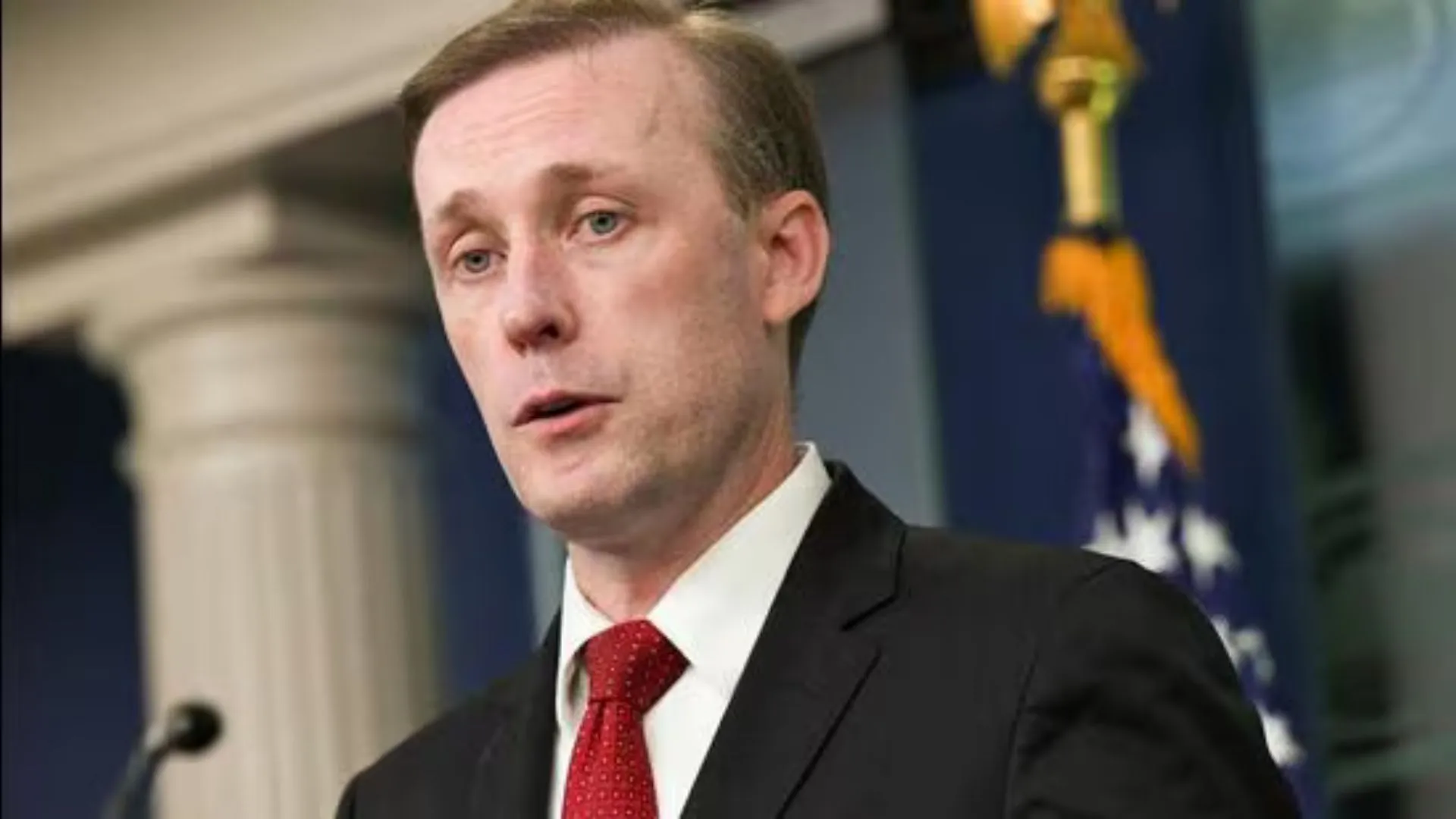As the assembly elections in Haryana approach, political parties are keenly focused on garnering support from all corners. Notably, university teachers, a significant section of the state’s electorate, are leveraging this electoral urgency to push their long-standing demands to the forefront.
Historically, the state’s ruling faction and its university professors have often found themselves at odds. With issues such as incomplete implementation of UGC guidelines, salary discrepancies, and promotional ambiguities persisting, these educators have been steadfast in their demands for reforms.
In addition to these longstanding concerns, a vast number of teaching posts remain vacant across state universities. This deficit doesn’t only impact the educational outcomes of students but also affects other university stakeholders. For instance, in Maharishi Dayanand University, Rohtak, out of approximately 550 sanctioned positions, only 323 are regularly filled.
HFUCTO President, Dr. Vikas Siwach, is unequivocal about their expectations: timely fulfilment of demands like UGC regulations compliance, filling vacant posts, and overdue promotions. He warns, “If the status quo persists, teachers might very well vote against the incumbent parties in the upcoming elections.”
This sentiment has not been lost on political parties, including the ruling BJP and JJP, and the opposition. All are endeavouring to woo this crucial demographic, especially as university staff have demonstrated a prolonged commitment to their causes.
The Aam Aadmi Party (AAP), while successful in regions like Delhi and Punjab, is striving to establish a foothold in Haryana. Their efforts, however, face scrutiny. A recent example is the AAP-led Punjab government’s delay in releasing arrears for teachers of Punjab University, Chandigarh, prompting faculty members to seek clarification on AAP’s stance.
Dr. Jitendra Khatkar, Secretary of the Kurukshetra University Teachers Association, underscores the urgency of their demands. He stresses the need for immediate hiring to address faculty shortages and calls for resignations of senior faculty after a decade without further exams. He also highlights the consistent decline in the reputation of Haryana’s universities on both national and international scales.
In a damning reflection of this decline, no Haryana institute made it to the top 100 in the recent India Ranking-2023 by the National Institute Ranking Framework (NIRF) Union Ministry of Education.
With the electoral clock ticking, it remains to be seen how political factions respond to these pressing concerns, and if the educators’ strategic push yields
















